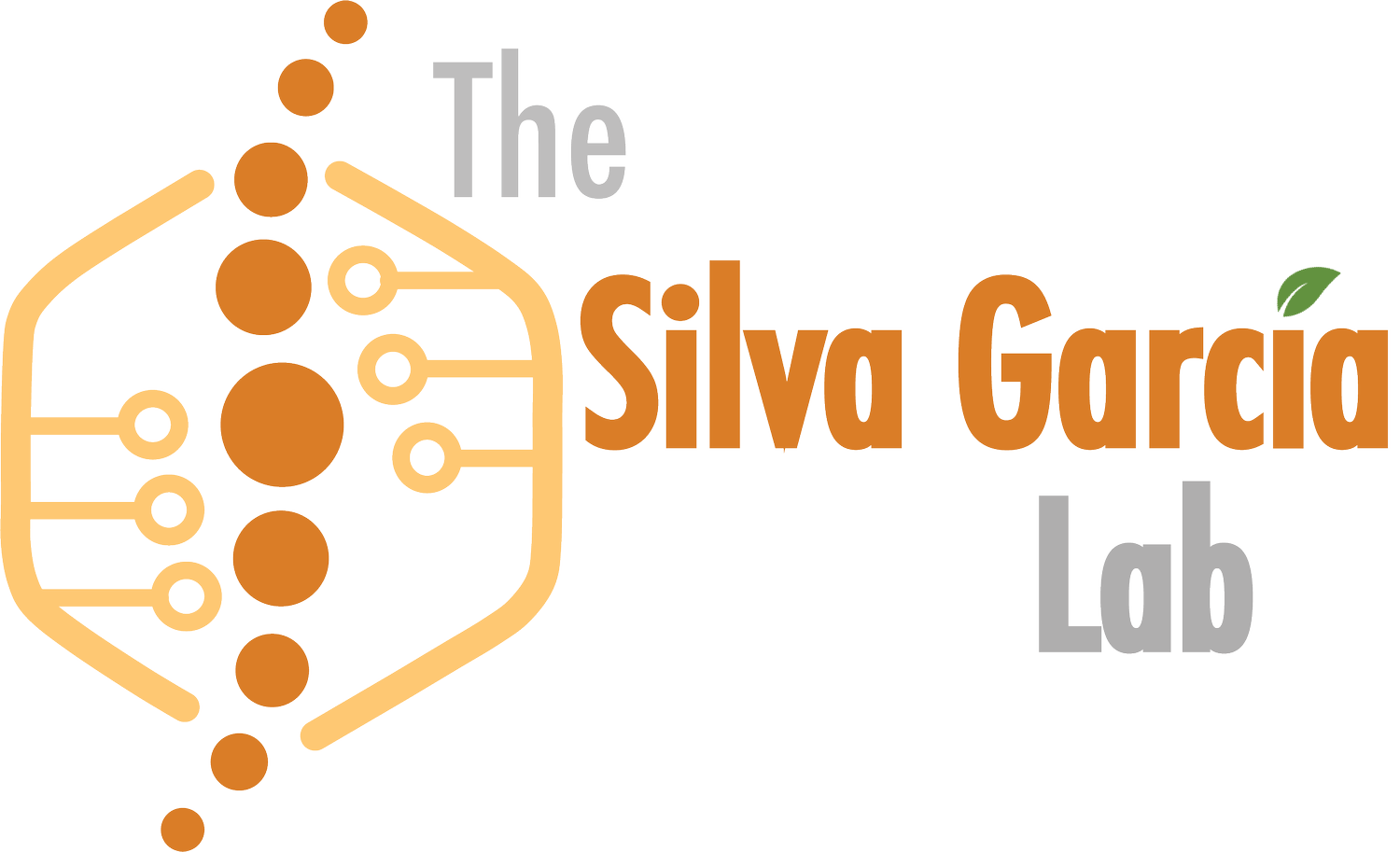
RESEARCH
Aging is considered a normal biological process. However, by itself is the principal risk factor for multiple chronic health conditions, including cancer, diabetes, and neurodegeneration. Several studies in model organisms, from yeast to monkeys, have contributed to our knowledge of how conserved genetic factors regulate the aging process. But there are also non-genetic factors playing an important role in lifespan. Indeed, studies in humans have estimated that the non-heritable genetic portion of lifespan regulation can reach up to 70%. This points out the importance of understanding how external and internal variations influence organismal physiology and whether these effects can be transgenerationally transmitted. To uncover these molecular mechanisms of aging, we use the power of functional genomics in Caenorhabditis elegans.
Current
Projects
-
Epigenetic modifications (i.e., changes in histone post-translational modification patterns, DNA methylation, and chromatin remodeling) are an emerging mechanism by which the aging process can be regulated. We recently showed that overexpression of the histone acetyltransferase (HAT) PCAF-1 robustly extends the lifespan in C. elegans. PCAF-1 is the ortholog of mammalian lysine acetyltransferases KAT2A and KAT2B. KAT2A/B play a role in diverse biological processes, such as chromatin remodeling, transcriptional regulation, DNA replication, DNA repair, cell cycle progression, and cell death. In addition, dysregulation of these HATs is linked to cancer, neurodegeneration, and metabolic disorders. But nothing is known about its role in aging and longevity. Therefore, we are characterizing this longevity pathway by identifying the downstream mechanisms and the spatiotemporal requirements of global PCAF-1 activation (and other HATs).
-
Non-genetic inheritance affects human traits as much as genetic inheritance. For instance, evidence for non-genetic impact on metabolic disease risk in subsequent generations has been associated with famine or overnutrition in humans. These data highlight the importance of understanding the transmission of information across generations. However, little is known about the environment's ability to influence inherited traits. Here, we are defining the molecular mechanisms that induce transgenerational benefits due to environmental interventions and epigenetic modifications.
-
Aging is characterized by changes in multiple organ systems that collectively decrease the ability of the organism to respond to extrinsic and intrinsic perturbations. Historically, research on aging has been focused on studying longevity pathways in a tissue-specific manner that results only in local effects. However, recent works highlight the importance of inter-organ communication in influencing aging-related processes. In particular, the nervous system is a critical node for maintaining homeostasis in response to internal and external changes. Therefore, the nervous system is emerging as a crucial therapeutic target to combat age-related diseases and promote healthy aging. Our recent work emphasizes the nervous system as a modulator of longevity during epigenetic modifications. Specifically, we study how the nervous system regulates histone acetylation in distal tissues and how this histone acetylation promotes longevity.
-
We recently developed a technique to introduce single-copy transgenes into the C. elegans genome in an intergenic region without affecting other endogenous gene expressions. We took advantage of precise and rapid CRISPR/Cas9 gene knock genome editing to make the single-copy knock-in loci for defined gene expression (SKI LODGE) system. Now, we expand our SKI LODGE system and develop other cutting-edge techniques.
-
We are always excited about new ideas, launching new research projects, and establishing collaborations! If you want to collaborate on our projects or have an idea in mind, contact us!

